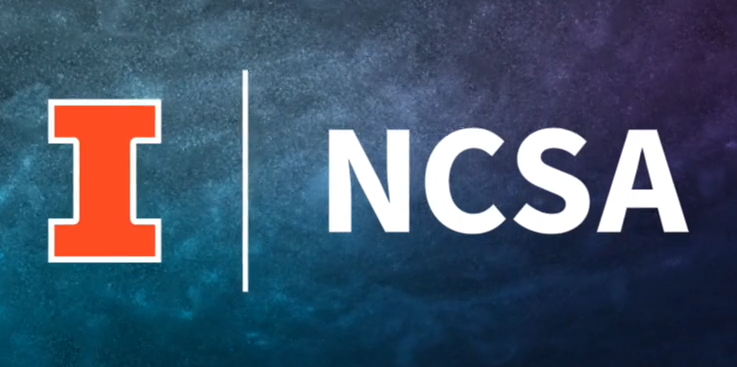NCSA is the caretaker and manager of the Delta supercomputer, but that means more than just making sure the machine is running. The Center recently worked with the Argonne National Laboratory (ANL) on their research using AI to identify materials capable of passively capturing carbon. Delta’s powerful AI capabilities were used in this collaborative effort, which also involved researchers from the Beckman Institute at the University of Illinois Urbana Champaign (UIUC), the University of Illinois at Chicago (UIC) and the University of Chicago (UChicago), but NCSA’s involvement didn’t end there.
The research team, led in part by Eliu Huerta, formerly of NCSA and currently working at Argonne as a computational scientist, wanted to find a carbon-absorbing material that was cost-effective and sustainable with a low environmental impact. If it sounds like finding such a thing is a needle in a haystack, you aren’t far off the mark. Fortunately, supercomputers are the perfect tool for finding those theoretical needles. In this case, the needle of choice is metal-organic frameworks (MOFs), porous materials capable of absorbing carbon dioxide (CO2).
Utilizing the Polaris supercomputer at the Argonne Leadership Computing Facility (ALCF), the team was able to create as many variations of MOFs as needed to find that special combination with all the desirable attributes. In fact, they found far more than one needle. They found 120,000 possible MOFs that would work in under 30 minutes.
To read the rest of this article go to: https://www.ncsa.illinois.edu/ncsa-aids-researchers-with-ai-on-multiple-fronts/




